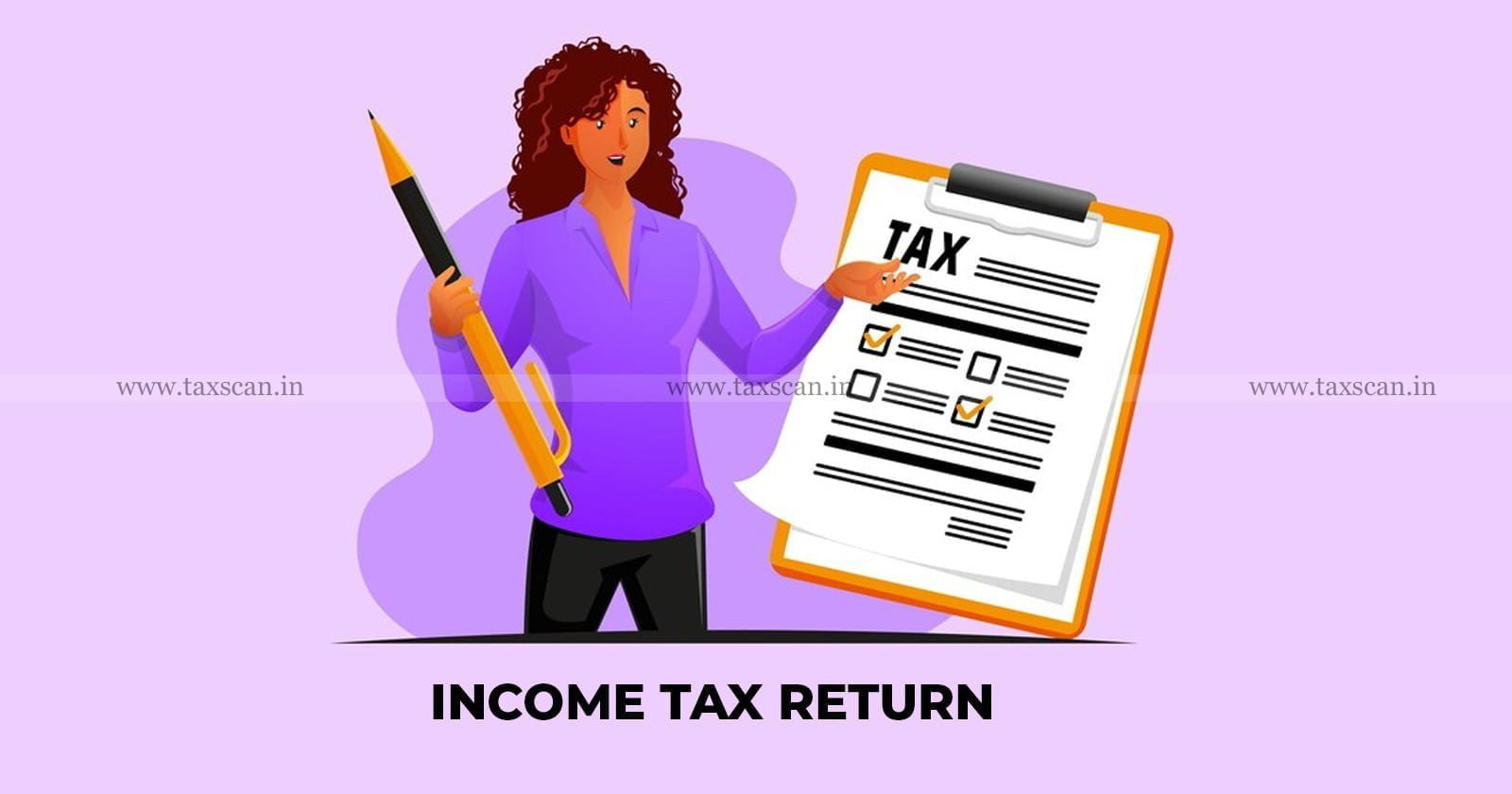Telangana HC allows amalgamated company to file Income Tax Returns Manually in absence of order of Condonation of Delay by competent authority

A Division Bench of Telangana High Court quashed the order of the income tax authority disallowing the petitioner’s request to file returns manually
The bench of Chief Justice Ujjal Bhuyan and Justice N. Tukaramji allowed the amalgamated company to file income tax returns manually in absence of the order of the condonation of delay by the competent authority.
By filing this petition under Article 226 of the Constitution of India, petitioner seeks a direction to the respondents to take on record the revised return filed by it for the assessment year 2021-2022 on 23.12.2022 after taking note of the scheme of amalgamation.
The petitioner M/s.TSI Business Parks (Hyderabad) Private Limited (transferee company) and M/s. Millenial Business Park Private Limited (transferor company) on 03.06.2020 to amalgamate the transferor company with the transferee company..
Therefore, a joint petition was submitted to the National Company Law Tribunal (NCLT) in Hyderabad under Sections 230 to 232 read with Section 66 of the Companies Act, 2013, and Rule 3 of the Companies (Compromise, Arrangements, and Amalgamations) Rules, 2016. Finally, on April 26, 2021, NCLT accepted the amalgamation plan.
The respondent - authorities passed an order stating that the manual return of income filed by the petitioner for the assessment year 2021-2022 was beyond the due date of filing the revised return of income for the said assessment year.
However, observing that the said return of income could not be acted upon in the absence of any order of condonation of delay by the competent authority, the request of the petitioner was turned down.
The High Court viewed that “Upon thorough consideration, we are of the view that the decision of the Supreme Court in Dalmia Power Limited (supra) is squarely applicable to the facts of the present case. It is because of circumstances beyond the control of the petitioner that the revised return could not be filed before the due date. However, under Section 170 of the Income Tax Act, the income tax department is obligated to assess the total income of the assessee of the previous assessment year post-amalgamation.”
Deepak Chopra, the counsel of the petitioner sought for time to obtain instructions regarding acceptance of the revised return of income of the petitioner in terms of the scheme of amalgamation approved by the National Company Law Tribunal.
The Counsel has placed before the Court provisions of Section 170A of the Income Tax Act, 1961 inserted in the statute by the Finance Act, 2022 with effect from 01.04.2022.
In addition, a copy of the Central Board of Direct Taxes (CBDT) notification dated 19.9.2022, which addresses the filing of modified returns of income following business reorganisation in accordance with Section 170A of the Act and the format of such modified returns of income, was submitted before the court.
Based on the Supreme Court's ruling in the matter of Dalmia Power Limited, the bench noted that the NCLT had accepted and sanctioned the amalgamation plan after the deadline for submitting the revised return for the assessment year 2016–2017.
Additionally, the Supreme Court in the Dalmia case cited the provisions of Section 139(5) of the Income Tax Act and stated that the said provision would not be applicable in a situation where a revised return could not be filed due to the length of time it took for NCLT to approve the amalgamation plan.
The Telangana High Court overturned the respondent authorities' decision and instructed them to process the petitioner's revised return of income, which was submitted on December 23, 2022, for the assessment year 2021–2022 in line with the law.
To Read the full text of the Order CLICK HERE
Support our journalism by subscribing to Taxscan premium. Follow us on Telegram for quick updates
M/s TSI Business Parks vs Deputy Commissioner of Income Tax , 2023 TAXSCAN (HC) 789 , K Mamata , Gadi Praveen Kumar

